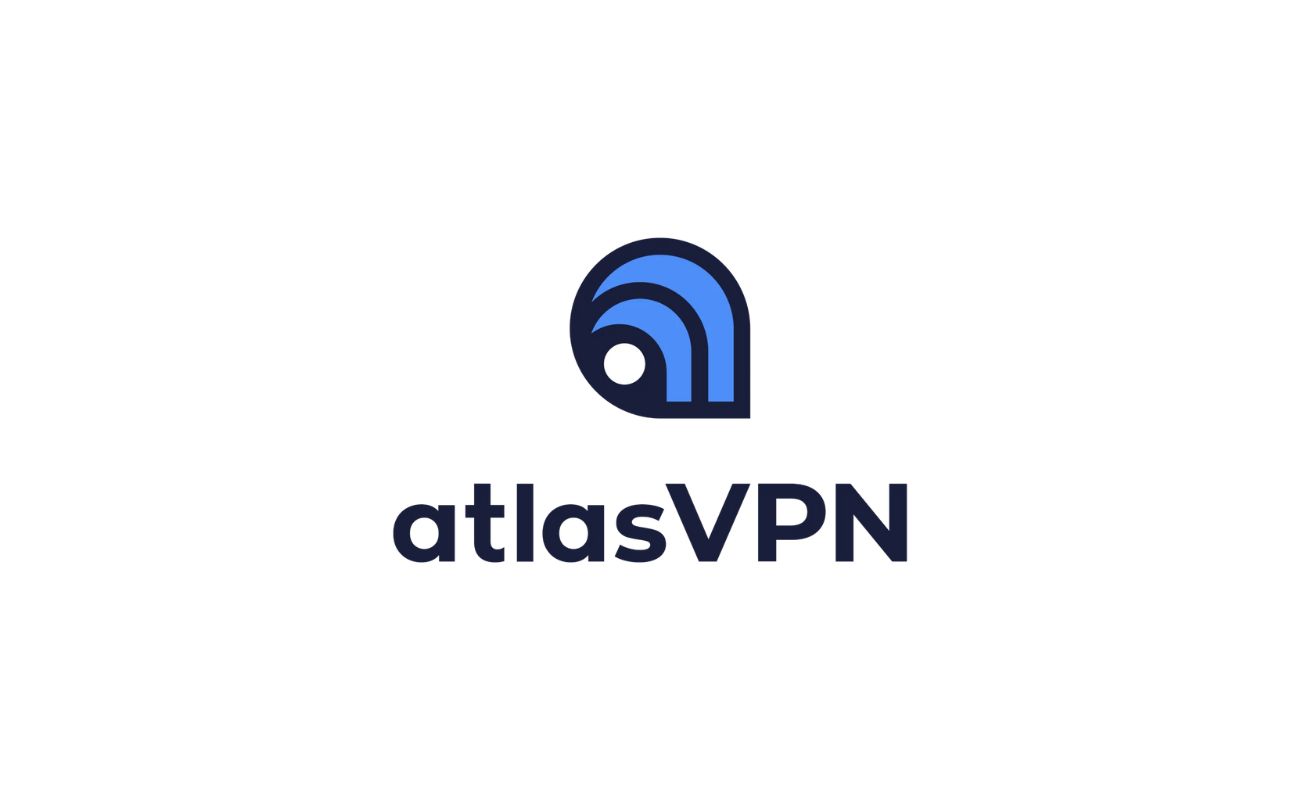Home>Software and Apps>Exploring the Benefits of eero VPN


Software and Apps
Exploring the Benefits of eero VPN
Modified: September 5, 2024
Discover the advantages of eero VPN for secure browsing and data protection. Explore how this software and app can enhance your online privacy and security.
(Many of the links in this article redirect to a specific reviewed product. Your purchase of these products through affiliate links helps to generate commission for Techsplurge.com, at no extra cost. Learn more)
Table of Contents
Introduction
In home networking, the eero router has become a popular choice due to its ease of use, robust security features, and seamless integration with various smart devices. One key aspect of eero's security offerings is its approach to virtual private networks (VPNs). This article will explore the benefits of using a VPN with eero and whether it is truly beneficial for home users.
Understanding VPNs
A VPN creates a secure, encrypted connection over the internet between your device and a VPN server. This connection masks your IP address, making it difficult for third parties to track your online activities. VPNs are commonly used for:
- Enhancing privacy
- Bypassing geo-restrictions
- Securing data transmission over public networks
eero and VPNs: A Misaligned Approach?
Using a VPN on a device rather than through the router can bypass the router's security features. This is particularly relevant for eero users, as the router itself does not host a VPN. Instead, users must install VPN software on their devices, which can lead to several issues:
Security Bypass
When you install a VPN on your device, the connection starts at the device level, not at the router level. This means your router cannot see what you are doing online, nor can it route your DNS traffic through its DNS server while you are on the VPN. Essentially, your router is unaware of the VPN connection, which can circumvent its security measures.
DNS Traffic
The DNS (Domain Name System) server plays a crucial role in internet navigation. When you use a VPN, you are using the VPN's DNS servers, which might not be as secure as the ones provided by your router. This can lead to a situation where your router's DNS security features are bypassed, potentially exposing you to more risks.
Employer Restrictions
For those who use VPNs for work purposes, it's essential to note that employers often restrict access to certain websites, such as Facebook, due to security concerns. Using a device-based VPN can limit your access to these restricted sites, making it less convenient for work-related activities.
eero's Security Features
eero routers come with advanced security features like eero Secure, which includes ad-blocking and malware protection. However, these features are designed to work best when the router is in control of the DNS traffic. When a device-based VPN is used, these features are bypassed, potentially leaving you less protected.
The Role of eero Secure
eero Secure is a comprehensive security package that offers several benefits, including ad-blocking, malware protection, and parental controls. However, its effectiveness is contingent upon the router being in control of the DNS traffic. Here are some key points about eero Secure:
DNS Protection
eero Secure uses a DoTLS (DNS over TLS) tunnel to protect DNS lookups, ensuring that your ISP cannot see what you are doing online. This is particularly important for maintaining privacy and security.
Read more: Exploring the Benefits of VPNs with No Logs
Ad-Blocking and Malware Protection
These features are designed to block malicious websites and ads, enhancing the overall security of your network. However, they only work effectively when the router is managing the DNS traffic.
Parental Controls
eero Secure also offers robust parental controls, allowing you to restrict access to certain websites and set time limits for different profiles. These controls are essential for maintaining a safe online environment for family members.
Potential Drawbacks of Using a VPN with eero
While VPNs offer numerous benefits, their integration with eero routers can lead to several drawbacks:
Security Compromise
As mentioned earlier, using a device-based VPN can bypass the router's security features, potentially compromising your overall security.
Performance Issues
VPNs can sometimes slow down your internet connection due to the encryption process. This might be particularly noticeable on eero routers, which are designed to provide fast and seamless connectivity.
Compatibility Issues
Some users have reported compatibility issues with certain websites and services when using a VPN with their eero router. This can lead to frustrating experiences, especially if you rely on specific websites for work or other activities.
Lack of Control
When you use a device-based VPN, you have less control over the security settings and DNS traffic management. This can lead to unexpected blocks or restrictions, as seen in some user reports.
Making an Informed Decision
While VPNs offer significant benefits in terms of privacy and security, their integration with eero routers can be complex and potentially problematic. The primary issue lies in the fact that eero routers do not host VPNs, forcing users to rely on device-based solutions that can bypass the router's security features.
For those who value the comprehensive security offered by eero Secure, it is important to understand that using a VPN on their device can compromise these benefits. Instead, consider alternative methods to enhance online security, such as using the eero Secure features or exploring other router options that integrate VPNs more seamlessly.
Ultimately, the decision to use a VPN with an eero router should be made with careful consideration of the potential drawbacks and the specific needs of the user. By understanding these intricacies, home users can make informed decisions about their online security and ensure that their network remains protected and efficient.













